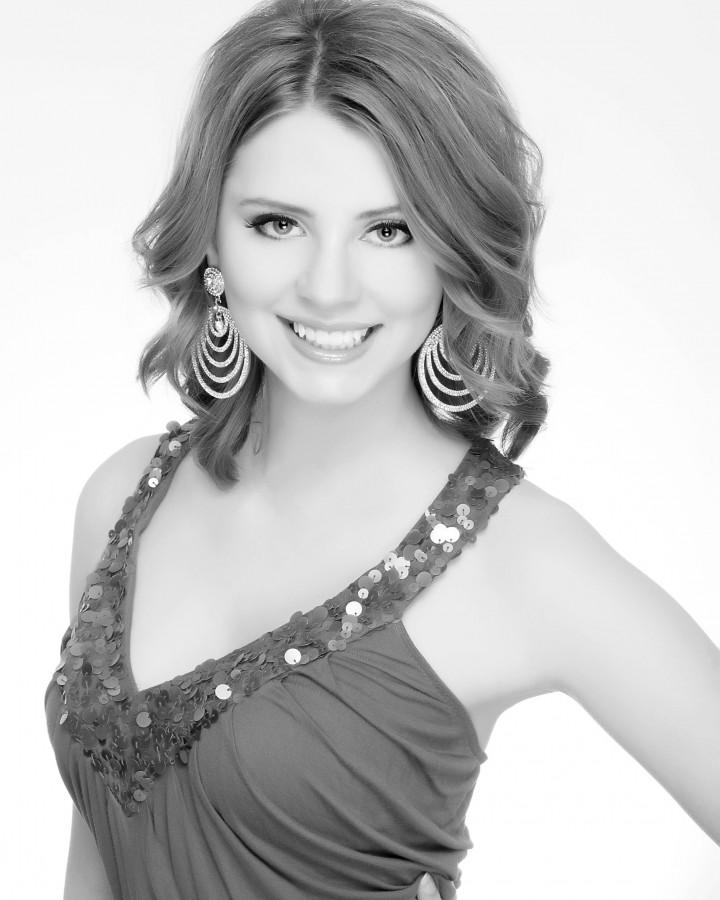As the standards of beauty continue to change, beauty pageants are becoming more accepting of women who would not typically fit the description of a beauty queen.
During the Miss America 2013 pageant, the world was introduced to 18-year-old Alexis Wineman from Cut Bank, Montana. Wineman is the first contestant in Miss America history diagnosed with autism and holding the title of Miss Montana 2012.
Throughout the Miss America pageant, Wineman was voted America’s Choice, which gained her a spot as one of the 15 semi-finalists. Although Wineman did not win Miss America 2013, she still came out victorious in the eyes of many other beauty pageant contestants.
Bianca Steib, nursing senior from Vacherie who also made history in her parish by becoming the first African-American Miss St. James Parish in 2012, said she was amazed at how well Wineman performed during the Miss America pageant and hopes that many girls will be inspired by Miss Montana’s courage.
“Alexis Wineman did not allow her uniqueness to interfere with her dream,” Steib said. “I am sure she encouraged many other ladies to do [many of the things] that they once held back on.”
Laura Lott Valenti, marketing instructor from Harvey and current Mrs. Louisiana International 2013, added that Wineman’s feat over autism is one to admire.
“This is one of the reasons I love pageantry. It brings attention to who we are as people and our contributions to the organizations we care about most,” Valenti said. “For Alexis Wineman, pageantry was obviously a goal with values placed on growth, personal potential and achievement with being autistic; I support these hands down, and I am proud of her accomplishment!”
Also in May of 2012, Jenna Talackova, a transgendered woman from Vancouver, British Columbia, gained recognition throughout the media and the beauty pageant community after she won a legal battle to allow her to compete in the Miss Universe Canada competition.
Talackova finished the competition, making it to the Top 12, and was one of the four Miss Universe Canada contestants to earn the title of Miss Congeniality.
For both Steib and Valenti, diversity within pageantry is what brings the “individual uniqueness” to the competition.
“It is known in pageantry that you only compete against yourself, which is why the focus is on being your personal best,” Valenti said. “The world is made of lots of different people; pageantry can serve as a microphone and a platform for one to express diversity.”
Although Wineman and Talackova set the bar high for diversity within the world of beauty pageantry, Steib said that she would like to see an even larger amount of diversity within years to come.
“I’d like to see more full-sized young ladies [compete in pageants],” Steib said. “Not that it’s bad to be small or big, but I want people to be comfortable with their bodies. I would also like to see people who may have disabilities such as Down syndrome and more compete in pageants. No one should be left out.”
Steib would like for every girl, no matter their make-up or build, to go for their dreams and use pageantry as an outlet to let their inner light shine.
“It’s not all about looks or how many years of experience you may have. Just go for it,” Steib exclaimed. “Don’t worry about what the other girl may look like on the outside or how much she may know. Just be yourself. “
Valenti added that pageantry is more about the person within rather than physical beauty.
“Pageantry serves as a process of personal development and a platform to serve as an advocate for things you care about,” Valenti said. “Beauty is the result of being your personal best and confidence within the person you develop into.”
Beauty pageants are gradually becoming more diverse
Tiffany Williams
•
January 24, 2013
Alexis Wineman is the first person in Miss America history diagnosed with autism and holding the title of Miss Montana 2012.
0
More to Discover








